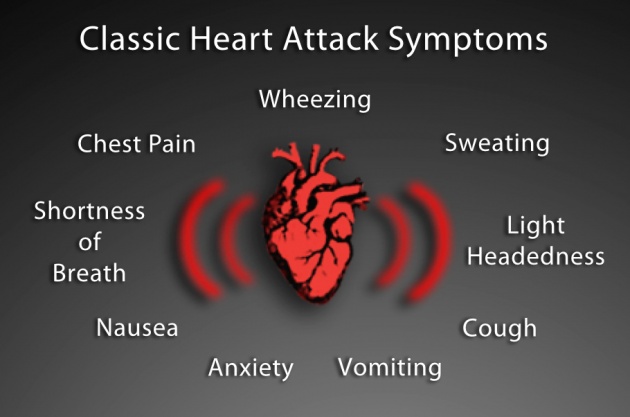Heart attack, or myocardial infarction, is the number one killer of both men and women in the U.S. Each year, about 735,000 Americans suffer a heart attack, and heart disease is the leading cause of death for both men and women in the US. Most of the deaths from heart attacks are caused by ventricular fibrillation of the heart that occurs before the victim of the heart attack can reach an emergency room. Those who reach the emergency room have an excellent prognosis; survival from a heart attack with modern treatment should exceed 90%. The 1% to 10% of heart attack victims who die later include those victims who suffer major damage to the heart muscle initially or who suffer additional damage at a later time.
Fortunately, procedures such as coronary angiogram andPTCA (coronary balloon angioplasty), and clot dissolving drugs are available that can quickly open blocked arteries in order to restore circulation to the heart and limit heart muscle damage. In order to optimally benefit heart attack victims and limit the extent of heart damage, these treatments to open blocked arteries should be given early during a heart attack. Blood pressure is not a reliable measurement of whether one is having a heart attack. Blood pressure during a heart attack can be low, normal, or elevated..





